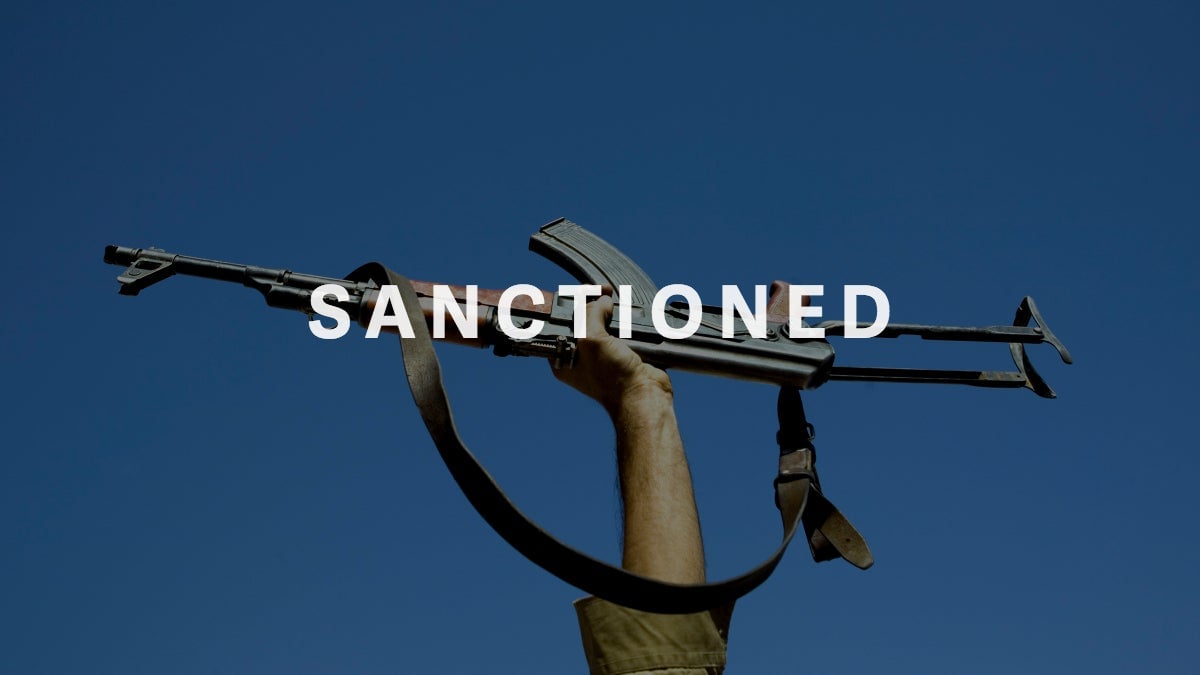With new Russia sanctions, the US has to tell Americans to stop buying Kalashnikov rifles
The US government today announced new sanctions against Russia after concluding it was still supporting militias fighting against Ukraine’s government with arms and personnel.


The US government today announced new sanctions against Russia after concluding it was still supporting militias fighting against Ukraine’s government with arms and personnel.
The sanctions restrict long-term financial flows to two important state-owned banks and two state-owned oil companies, and halts US business dealings and imports for half-a-dozen defense manufacturers producing everything from rockets to grenades—including Kalashnikov Concern, maker of the iconic AK-47 assault rifle that fuels conflicts around the world.
But the US is also home to the world’s largest private-gun market, and imports plenty of “civilian version” rifles from the company—perhaps tens of thousands each year—making it a key market for the manufacturers.
The US Treasury Department updated its sanctions FAQ to provide gun-loving Americans with the information they need if they want to buy or sell the rifles and stay within the law. As with most sanctions, Kalashnikov owners and marketers can still sell or re-sell weapons they’ve already bought as long the Russian company no longer has an interest in the sale. But if there is an interest—say, your weapons inventory is still financed by the Kalashnikov Concern—you’ve got a problem and had better call the Office of Foreign Asset Control.
The most likely company to be caught in the crosshairs is the Russian Weapons Company (natch), the exclusive importer of Kalashnikov weapons into the United States. Whether the sanctions hit home depends on the specific financial arrangements between the two companies, but it’s safe to say RWC will have trouble buying more rifles from Russia as long as these sanctions endure.
Political analysts say it will be hard for the West to truly press Russia without more cooperation from the European Union—and officials there have not yet announced a commensurate ratcheting up of economic pressure. But even without further official measures, it is clear that trade is shrinking between the two blocs.